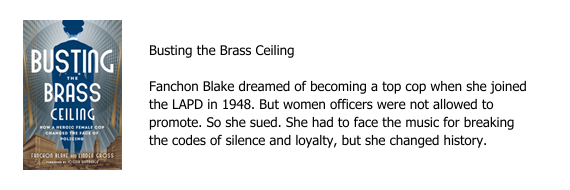It seems that at least half of my writing coach clients plan on writing a prologue or a preface for their books. Before we talk about why that might not be the best plan, let’s get clear about the differences between the two.
A prologue is usually used in fiction (and sometimes in memoirs or narrative nonfiction) to set the scene and the tone, establish characters, or provide backstory. In short, it introduces the story that’s about to be told. According to Pediaa’s “Difference Between Preface and Prologue” post, “prologue is the opposite of epilogue. Epilogue appears at the end of a literary work and functions as a conclusion. It is important to notice that books rarely contain both prologue and epilogue; more often a book contains either a prologue or an epilogue.”
In contrast, the preface, in which the author talks directly to the reader, introduces the book itself. The main goal of a preface, says Pediaa, “is to provide the readers with some background information about the book, before reading. A preface generally describes details such as how the book came into being, why and how it was written, the story behind the development of the book, etc.”
Not that you asked, but just as a point of clarification, a foreword is an introduction to a nonfiction book written by someone (usually an authority in the field) other than the author.
Okay, back to prologues and prefaces. The problem with both is that instead of launching into your story if you’re writing fiction or a memoir–or your premise if you’re writing nonfiction–all too often they offer explanations. Yawn. Double yawn. I’ve written about how you need to hook your readers and draw them into your material. A preface or a prologue usually won’t do that. Instead, they wind up providing information that readers don’t yet care about or presenting the book’s punchline before the author has made the case.
So, here’s my question. Why not hold your fire and weave the essential information into the book itself? Whether you’re writing fiction, nonfiction, or a memoir, that will allow you to start with a bang instead of a bleat. Unless, of course, the prologue provides that critical hook and perspective. I’ll give you an example.
When I ghostwrote the national bestseller, The Legacy of Luna, I could have started the book with a preface about how Julia discovered redwoods and wound up doing a tree sit for more than two years to help save them from being cut down. Instead, the book opens with a prologue that shows Humboldt County single dad Mike O’Neal managing to save himself, his daughter, and his neighbors from a mudslide–actually more of a mountain slide–caused by the clear-cutting of the rise behind their homes. They flee and escape with their lives, but their homes don’t fare so well. Mike loses the corner of his house. The neighbors’ home is swept off its foundation and down the hill. A pickup truck gets launched into another house down the way.
Dramatic? Absolutely. The scene also establishes the environmental stakes the book will expound upon and explains in an unforgettable show-don’t-tell way how certain practices such as clear-cutting forests just aren’t sound. The prologue ends with a teaser about how a Department of Forestry decision to “clearcut the slope directly next to the slide where a tree–soon to be named Luna–and a woman named Julia Butterfly Hill would change the environmental movement forever.”
The book doesn’t let up from there. Chapter 1 still doesn’t clarify how Julia ended up doing a two-plus-year tree sit. Instead, it shows her almost getting thrown off the 180-foot-high platform she lives on as the redwood is getting whipped back and forth in an El Nino storm. Another hook that grabs the readers’ attention and gives them a reason to care about who this person is and to want to know what the hell she’s doing in a tree. They start to get those answers in Chapter 2 when the story drops back in time. And by then, they’re a whole lot more curious.
So, is writing a prologue or a preface for your book a good idea? If either captures your readers and provides them with a reason to keep turning those pages, sure. On the other hand, if you can incorporate the information from your prologue or your preface into the chapters and/or story, why not jumpstart your book instead?




















0 Comments